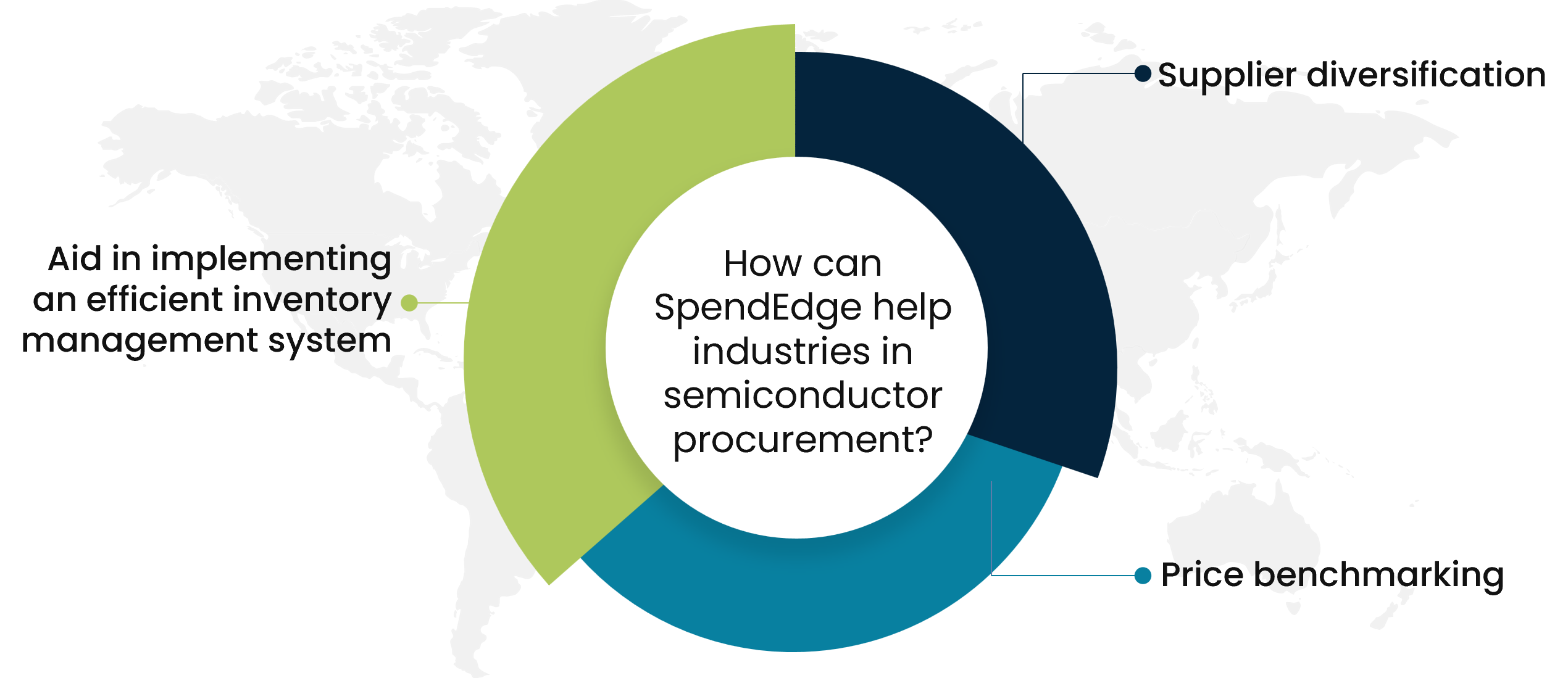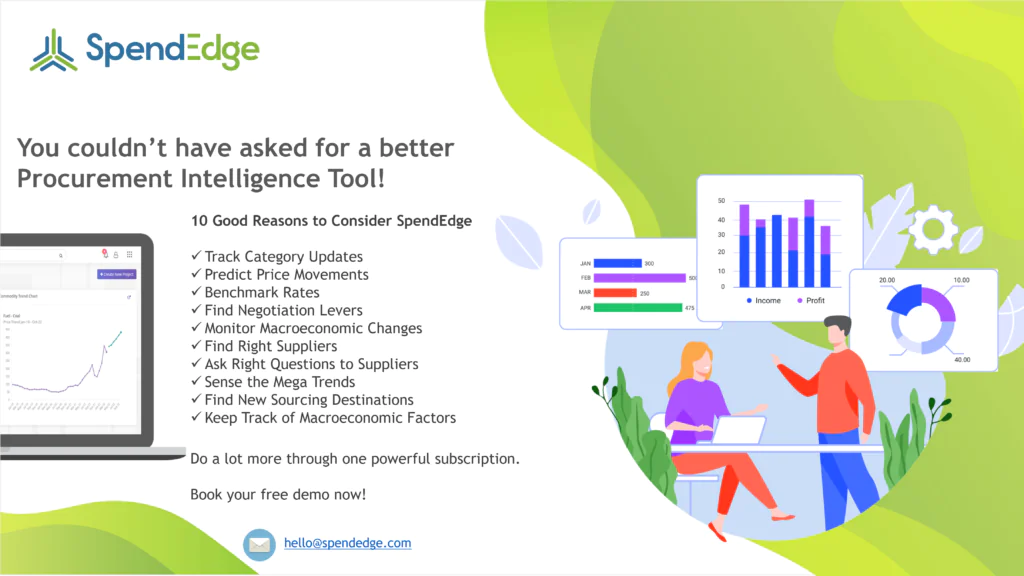By: George Mathew
The demand for semiconductors has been increasing across different industries, but the businesses depending on it are struggling to keep up. Previously, it was expected that the semiconductor shortage would be resolved, but it’s still an ongoing issue. The past few years have seen a tremendous surge in demand for semiconductors due to the digital transformation happening globally. The pandemic has further accelerated this digital transformation, leading to an even higher demand for semiconductors. Mechanical products are also becoming digital, which is another factor contributing to the huge demand for semiconductors.
This semiconductor crisis is affecting around 169 sectors. Global semiconductor sales increased by 6.5% in 2020 due to various factors, with the pandemic being the main reason, and to date, the demand is increasing. The automotive industry is one of the worst affected by the shortage. ICs are required for various car components such as digital speedometers, infotainment systems, computerized management of engines, and driver assistance systems. With the pandemic-induced lockdowns causing remote working and online schooling, the demand for electronics such as computers, laptops, tablets, and smartphones increased drastically.
What are the challenges that can be faced by the semiconductor industry?
Supply and demand imbalance: low production volume in a few end-user industries
The semiconductor industry faces the challenge of a supply and demand imbalance caused by declining revenues, low investments, and low production volume in certain end-user industries due to weaker economic conditions. This imbalance can have several consequences. Firstly, declining revenues can impact the profitability of semiconductor companies, leading to reduced investments in research and development and innovation. Secondly, low production volume in specific industries can result in excess supply and inventory buildup, leading to pricing pressures. Additionally, weaker economic conditions can dampen consumer demand for electronic devices, further exacerbating the supply and demand gap.
Supply chain complexities: geopolitical factors, time, and heavy investments
The production of a high-quality semiconductor chip involves over a thousand steps and numerous core components that cross international borders more than 70 times before the end product reaches the customer. Geopolitical factors, such as trade tensions and conflicts, can disrupt the flow of materials and components across borders, impacting the industry’s global supply chain. This can lead to delays in production, increased costs, and reduced availability of critical components. Due to the complex nature of the semiconductor supply chain, any policies that affect one stage of the process can have a significant impact on the entire production line.
Long-term plans: adoption of new technologies to enhance end-to-end supply arrangements
Investments play a crucial role in research and development, as well as expanding manufacturing capabilities. However, the industry must carefully allocate resources to meet evolving market demands and technological advancements. Secondly, government interventions, such as trade policies and regulations, can impact the industry’s global competitiveness and supply chain dynamics. However, leading companies have demonstrated that a more strategic approach to sourcing and supply chain structure is required for a longer-term vision. This approach involves considering co-investments and contracts. The first step is to identify vulnerable categories and implement inventory strategies to minimize supply risks.
How can SpendEdge help industries in semiconductor procurement?

Supplier diversification: Establishing alternative supply sources
Our supplier intelligence solutions will help you create a diverse pipeline of certified vendors, which can enhance your business outcomes and demonstrate your workforce commitment. Our methodology for identifying potential suppliers goes beyond conventional filters such as revenue, profits, performance, and service quality to identify vendors who can bring the desired value to your business. We understand the requirements of your organization and narrow down the potential supplier base accordingly. You can go through the pool of suppliers to effectively comprehend the available options. Then Sort suppliers into quadrants based on operational and functional capabilities and rank them to identify best-fit suppliers.
Aid in implementing an efficient inventory management system:
SpendEdge helps in implementing an efficient inventory management system to optimize your organization’s inventory control processes. This service involves a comprehensive analysis of your current inventory management practices, identifying areas for improvement, and implementing strategies to enhance efficiency. Our team of experts will work closely with your organization to understand your specific requirements and develop customized solutions. This may include implementing advanced inventory tracking technologies, streamlining procurement processes, optimizing stock levels, and implementing effective demand forecasting techniques. Our goal is to help you achieve better inventory visibility, reduce carrying costs, minimize stockouts, and improve overall supply chain performance.
Price benchmarking: Market monitoring and price adjustment strategy
Our approach involves understanding and tracking cost performance at a detailed level. This enables us to help an increasing number of clients find and choose the right suppliers who can drive growth. We continuously monitor price changes for a wide range of commodities, allowing you to make cost-sensitive procurement decisions based on accurate pricing insights. By evaluating historical price trends for each commodity that is important to your business, we can help you gain a better understanding of the factors that drive costs. We can provide you with accurate insights into components such as raw materials, labor, wages, overheads, and more.
The success story of SpendEdge client: Germany-based automobile manufacturer
Our client is a Germany-based automobile manufacturer that deals in the production of different vehicle parts and has been grappling with the global semiconductor shortage that has severely impacted their production capabilities. The shortage has resulted in production delays, increased costs, and a potential loss of market share.
Our experts at SpendEdge identified semiconductor suppliers from different geographic regions to reduce the impact of regional disruptions on the supply chain and conducted a comprehensive assessment of suppliers, evaluating their production capabilities, financial stability, and track record. Utilized industry benchmarks and best practices to select suppliers that align with the client’s strategic goals. Additionally, we implemented data-driven analytics to determine optimal order quantities, balancing the costs of holding inventory against the costs of potential stockouts.
Our offerings assisted the client in broadening their semiconductor supplier base to reduce reliance on a sole source. We bolstered supply chain resilience by establishing strategic partnerships and implementing risk mitigation strategies. Additionally, our experts successfully averted stockouts and overstocking, ensuring the regaining and sustained maintenance of market share through consistent and timely production.

Contact us now to solve your procurement problems!
Author’s Details
George Mathew
Associate Vice President, Sourcing and Procurement Intelligence
George is a procurement specialist at Infiniti Research and provides advisory services to clients across the pharmaceutical, CPG & FMCG, energy, and automotive sectors. He specializes in the procurement areas of industry benchmarking, cost modeling, rate card benchmarking, negotiation advisory, and supplier intelligence.




